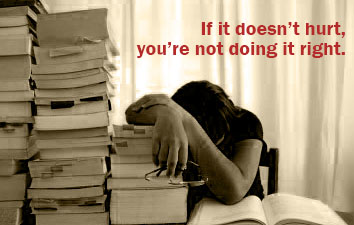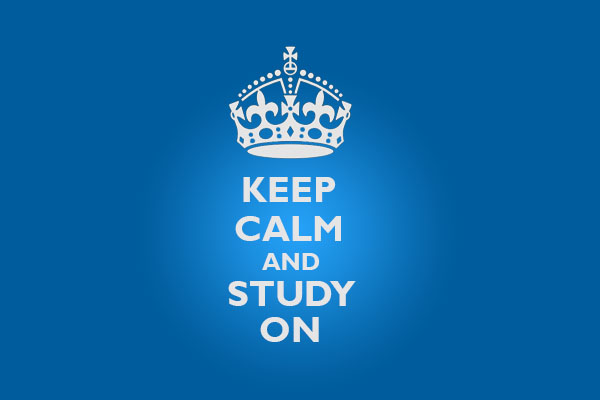Blog - Blogue

Doing philosophy where it hurts...
vendredi, 29 Août 2014By Iva Apostolova

I’ll never forget the odd feeling during my first year of grad school when one of my professors opened his seminar on Analytic Philosophy by saying ‘If you don’t tell me where it hurts, I can’t help you.’
What a bizarre thing to say to a bunch of graduate students who were ready to take apart ‘On Denoting’.
And yet, I could not shake the feeling for a long time.
The professor became my thesis advisor and a dear friend. Being now on the other side of the barricade myself, I can’t help but come back to that same odd feeling every time I stand in front of students for the first time. I feel a mixture of anticipation, fear, and sympathy for the poor souls who are about to enter, often unsuspecting and unprepared, a world much stranger than fiction.
A world full of metaphysical monsters and conceptual impossibilities, a world of marvel and pain. A world in which reality is subject to definition and re-definition.
Philosophy is the strangest discipline to study. It is the strangest occupation to hold. Philosophy hurts. If it doesn’t hurt, you're not doing it right.
Imagine examining the most intimate and internal sensation one has—the sensation of pain— and examining it from both a first and a third-person point of view... Well, that’s what philosophy does.
Philosophy is not knowledge about life, or built-up on the so-called ordinary life. It is a way of life. A self-examining, self-defeating way of life.
Philosophy takes courage and doggedness. Courage to make mistakes and admit them; courage to jump between life and text, text and life; doggedness to persevere despite the contradictions life—and our beliefs about—life are mined with.
To study philosophy takes mental discipline. Staying coherent and consistent with one’s ideas is hard. Very hard. Sometimes verging on the impossible.
But it also takes compassion. A disciplined compassion, if you will. To understand is to feel, to feel with others – to try to understand them as well as make yourself understood. And this takes guidance and mentorship.
I’d like to think that in a philosophy class, everyone guides everyone. There are no well-defined roles. Which puts everyone on the spot and tests everyone’s limits without making anyone feel out of place. And this, as an educational experience, is priceless!

